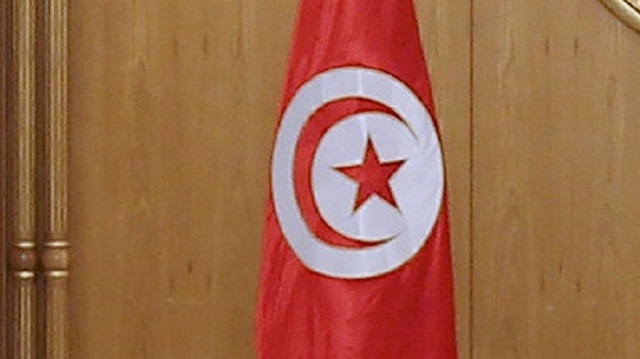
Head of Tunisia’s Patriotic Construction Party blames ‘certain countries’ for opening door to western intervention
Turkey’s independent stance remains a thorn in the side of those countries -- especially the U.S. -- trying to impose their will on the region’s people, the head of Tunisia’s Patriotic Construction Party said.
Riyad Suaybi is a Tunisian academician and politician with a PhD in political philosophy.
Praising Turkey’s resistance against the recent attacks on its economy, he said: “The Turkish stance is a model for all people of the region. It sets an example for those who demand independence from the U.S. and other foreign powers.”
“Turkey’s reaction is based on the spirit of unity derived from its national responsibility and cultural and religious bonds,” he added. “Ankara acts with a national will determined to protect its sovereignty.
“The measures and steps that Turkey has taken, despite the economic challenges it faces, are in line with its national sovereignty and interests,” Suaybi said.
Turkey, he continued, had adopted more “independent and authentic” policies -- foreign and domestic -- since President Recep Tayyip Erdogan’s Justice and Development (AK) Party came to power in 2002.
“For Washington, Turkey -- or any other country in the Middle East -- cannot set its own foreign policy,” he said. “Washington’s recent behavior has proven this.”
Suaybi also decried recent increases in U.S. tariffs on Turkish steel imports.
“This is yet another patronizing initiative by the U.S., which U.S. President Donald Trump is trying to impose on the Middle East and North Africa,” he said.
The party leader went on to assert that the “true reason” for the current row between Turkey and the U.S. was the fact that Ankara was refusing to play by Washington’s rules.
Suaybi urged Turkey to bolster its relations with the BRICS group of nations (Brazil, Russia, India, China and South Africa), which, he asserted, “could lead to major geostrategic changes in the future”.
The Arab world, he went on to say, continues to struggle with “division, tyranny and sectarianism”, making it vulnerable to the threat of foreign intervention.
Without naming any specific states, Suaybi said that “certain” Arab countries -- members of the so-called “moderate axis” -- had opened the door to foreign intervention in the region.


